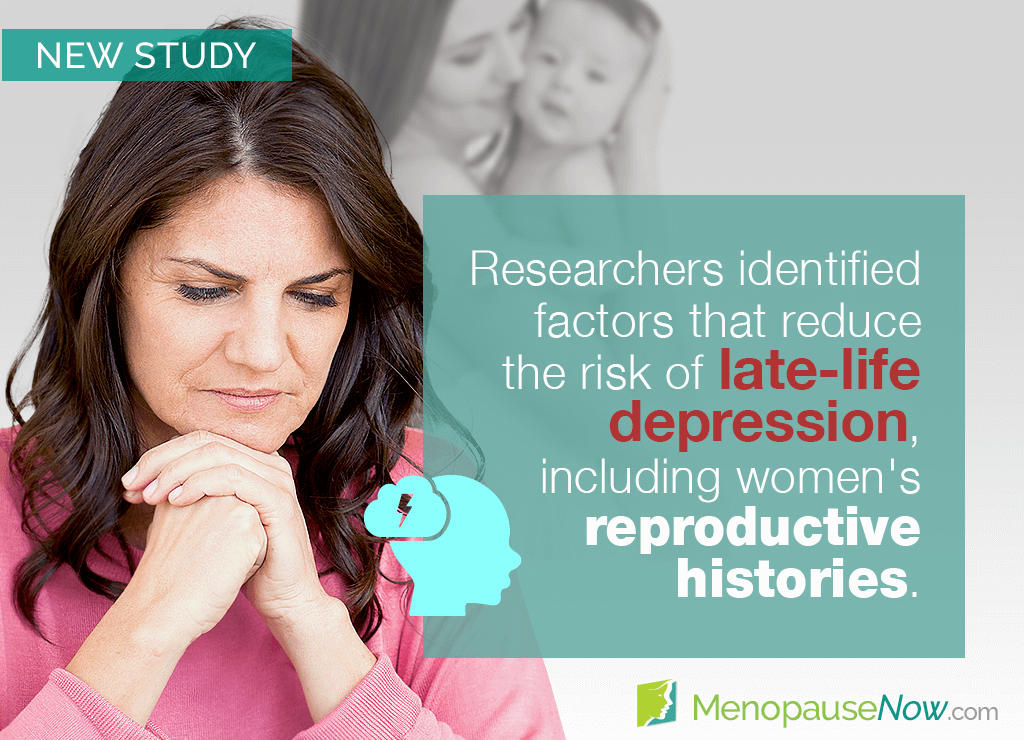Although depression during menopause is most commonly associated with hormonal imbalance, there might be others key factors playing a role as well. This cross-sectional study was conducted to determine whether a woman's reproductive history contributes to depression development in postmenopause.
Study Design
Chinese researchers analyzed data pertaining to 5,537 postmenopausal women who participated in Zhejiang Ageing and Health Cohort Study a few years earlier.
They mainly focused on examining two types of information:
- Depressive symptom assessments done using the Patient Health Questionnaire-9 scale
- Reproductive histories, including age at menarche, age at menopause, menstrual patterns, number of pregnancies, and birth control use, among others.
Additionally, researchers took note of other factors, including women's educational level, marital status, physical activity, chronic conditions, and others.
Study Findings
Prevalence of depressive symptoms among postmenopausal women was 12%.
Researchers associated a lower risk of late-life depressive symptoms with the following:
- Longer reproductive period (Each additional reproductive year decreased depression odds by 3%.)
- Regular menstrual cycle patterns
- Shorter menstrual cycle length
- Later age at first birth
- Tubal ligation as the sole contraceptive surgery (a 57% lower likelihood of depression)
A higher risk of depressive symptoms, on the other hand, was found in:
- Women who had four (a 46% higher risk) and five or more full-term pregnancies (a 69% higher risk).
- Women who had two or more incomplete pregnancies (e.g., miscarriage or stillbirth).
There was no relationship between the use of oral contraceptives and depression risk.
What Does It Mean?
Researchers in this cross-sectional study identified various factors associating women's reproductive histories with postmenopausal depressive symptoms.
Women's lifetime estrogen exposure - which is the highest throughout their reproductive years - may influence their risk of developing depression after menopause. The findings of this study give evidence to the supportive effects of estrogen on mental health, including depression prevention.1
Sources
- Journal of Affective Disorders. (2019). Reproductive history and risk of depressive symptoms in postmenopausal women: A cross-sectional study in eastern China. Retrieved February 10, 2021 from https://www.sciencedirect.com/science/article/abs/pii/S0165032718307936
Footnotes:
- Journal of Affective Disorders. (2015). Estrogen-mediated effects on depression and memory formation in females. Retrieved February 10, 2021 from https://www.ncbi.nlm.nih.gov/pmc/articles/PMC3374589/

